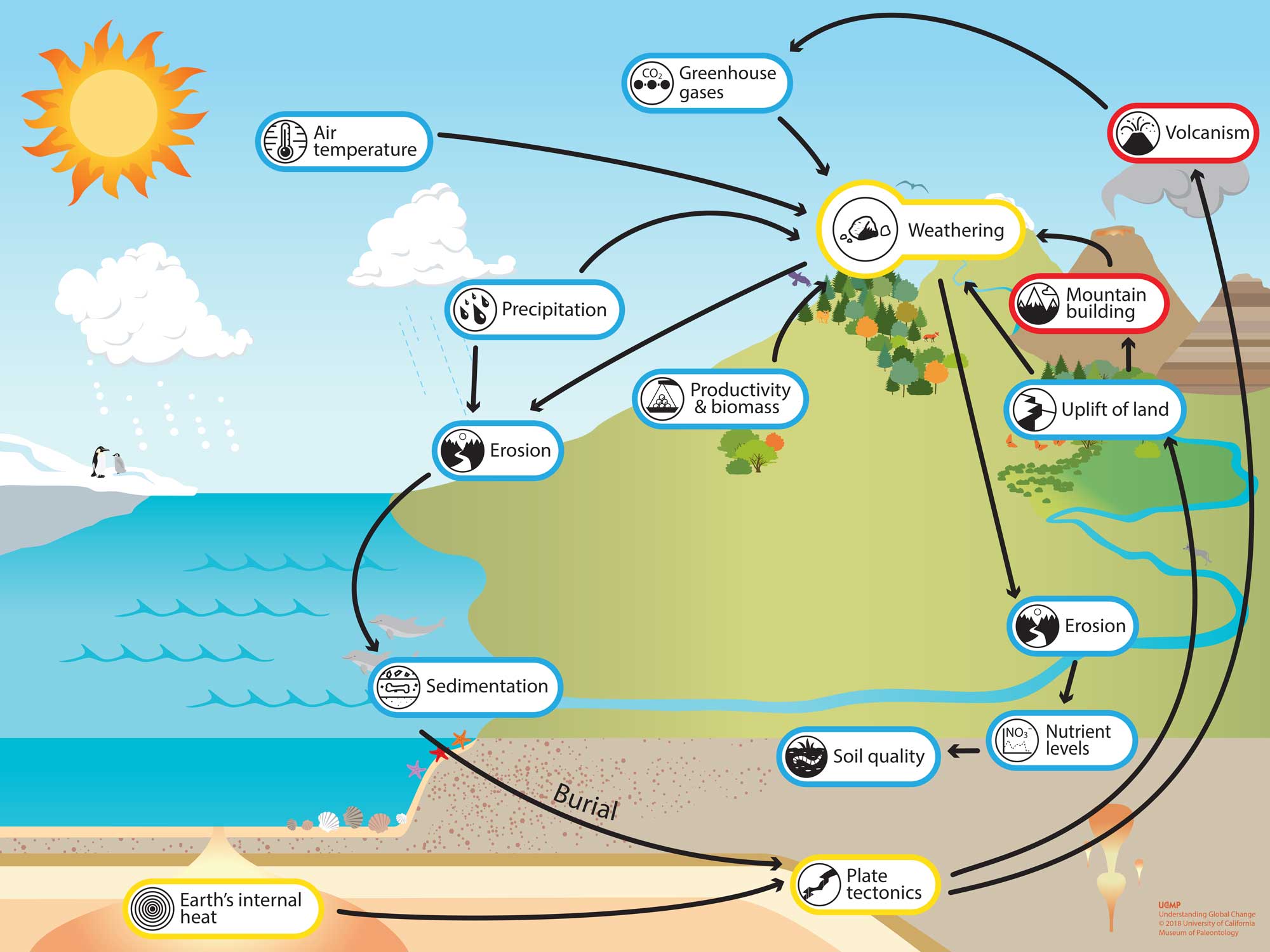On March 23rd, the world commemorated World Meteorological Day, not just celebrating past achievements but also launching a new chapter focused on tackling climate challenges. This year's theme, "At the Frontline of Climate Action," underscored the critical role meteorology plays in safeguarding lives, livelihoods, and our planet's future.
The day served as a platform to acknowledge the immense strides made in weather forecasting. National Meteorological and Hydrological Services (NMHSs) around the globe have been instrumental in providing early warnings for extreme weather events, significantly reducing risks and saving lives. Technological advancements have been a key driver, with sophisticated observation networks, powerful data analysis tools, and improved weather models leading to more accurate and timely forecasts.
However, the celebration was tinged with a sense of urgency. The ever-increasing frequency and intensity of extreme weather events – heatwaves, droughts, floods, and storms – paint a stark picture of the impact of climate change. The World Meteorological Organization (WMO), the international body spearheading global weather cooperation, emphasized the crucial link between weather, climate, and water. Professor Petteri Taalas, WMO Secretary-General, highlighted the need for a "paradigm shift" in how we understand and manage these interconnected resources.
A core focus of the new chapter in global meteorology is strengthening early warning systems, particularly in developing countries. These nations are often disproportionately affected by climate change despite contributing minimally to greenhouse gas emissions. The WMO emphasized the importance of investing in observation networks, data processing capabilities, and communication infrastructure in these regions. Early warnings empower communities with the knowledge to prepare and mitigate the impact of disasters, saving lives and minimizing economic losses.
Innovation is another key pillar of this new era. WMO is fostering collaboration between meteorologists, hydrologists, and climate scientists to develop more comprehensive and holistic weather, water, and climate prediction models. Additionally, there's a growing focus on harnessing artificial intelligence and machine learning to improve forecast accuracy and understand complex weather patterns better.
Beyond early warnings and improved forecasting, WMO is advocating for a multi-pronged approach to climate action. This includes promoting climate change adaptation strategies, fostering international cooperation on mitigation efforts, and advocating for robust climate policies.
World Meteorological Day 2024 marked a turning point. It wasn't just about celebrating past achievements, but about ushering in a new era of collaboration, innovation, and a steadfast commitment to protecting our planet in the face of climate challenges. The weather may be unpredictable, but through collective action, the future of meteorology can be a force for good, ensuring a more resilient and sustainable world for generations to come.

